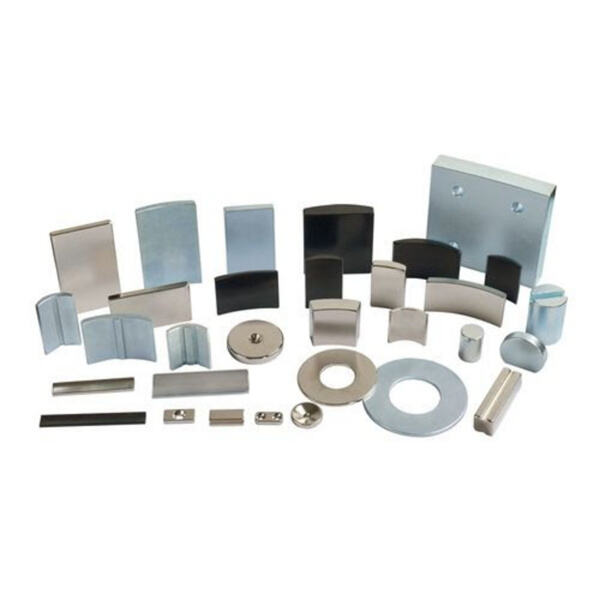Tel: +86-13817790968
Email: [email protected]
Tel: +86-13817790968
Email: [email protected]
Have you ever played with a toy magnet? We all know what magnets are right? If you look at a magnet, you will see that it has two sides. These ends are referred to as the north pole and south pole. For example if you break a magnet into smaller bits; each bit will still have its own north pole and south pole. But did you know they make a special kind of magnet that has only one end? That special magnet is known as monocle magnet and its behavior will be a little different from regular magnets. Monopole magnets have intrigued scientists for quite some time. They've got some very interesting ideas about how these magnets could work, Maybe monopole magnet are floating around in space, much as a regular magnet has a north and south pole. Yet monopole magnets, as they are still called today, have so far eluded detection despite diligent searches by scientists. It makes them that much more interesting too.
While we haven't found a real in nature, scientists have created artificial ones in the lab. With the tiniest magnetic pieces slotted together, these arc magnet pop off of the structure all at once. Scientists are able to make monopole magnets by arranging such tiny particles. Magnets of this type have wide range of potential applications! They may be used in computer hard drives that hold our data or in medical machines that let doctors look inside our bodies, However the lingering mystery over monopole magnets is that we never see them in nature. According to some physicists, monopole magnets might have been present in the nascent universe but eventually vanished. Still others believe that these exotic magnets perhaps lurk in some corner of space somewhere, waiting to be discovered. This idea obviously tickles the imagination and gets scientists thinking about what they could potentially find.

A second puzzle is how the dynamics of monopole magnets differ from those of regular magnets. There monopole magnet is a lot that we know about how traditional magnets work, but it seems like monopole magnets function differently and in some bizarre fashion. This makes them fascinating to study but also a real challenge for scientists to understand.

Monopole magnets may have many different applications in a variety of jobs and industries. So they could be used, for example, in new forms of better stronger motors than we have today. This work is crucial because the new motors could save energy and make all machines operate more efficiently. They could also have a big impact on the future of quantum computing, which is an emerging and sophisticated method for information processing. The potential of quantum computing to reform technology is astonishing.

If scientists someday find a natural monopole magnet, it will be like opening up scientific and technological christmas gift! Knowing more, though, could help scientists to make better medical machines, develop powerful new ways to store energy and many other things besides. Perhaps as researchers come to learn more about new technology, we may find use of monopole magnets which we are only now learning about.